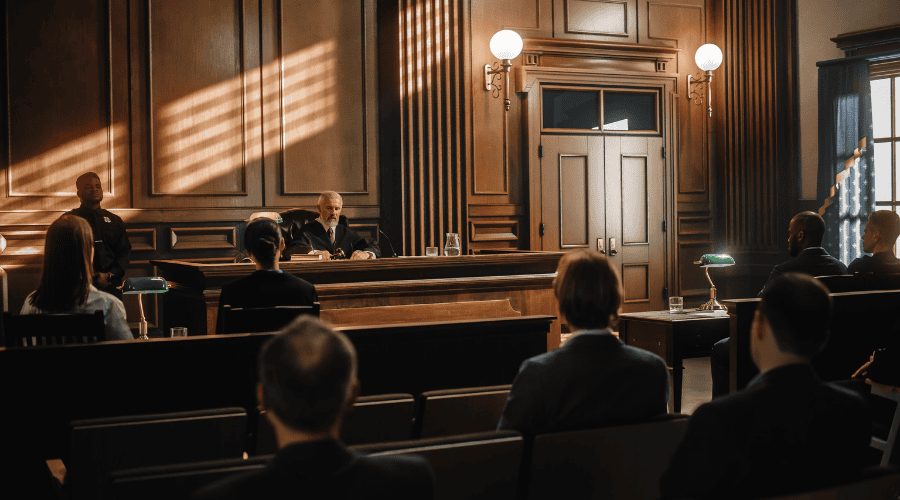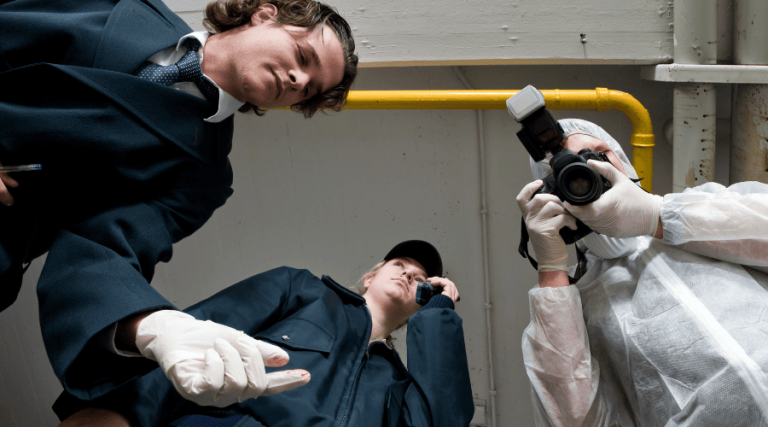
Miami Beach Man Sentenced to 235 Years in Prison for Sexual Offenses Amid Broader Sex Trafficking Issues in the City
Jeffrey Jason Cooper, a resident of Miami Beach, has been sentenced to 235 years in prison for multiple sexual offenses. Along with the lengthy prison term, Cooper has been ordered to pay a fine of $1,100 and restitution totaling $8,640 to his victims.
The sentencing highlights the ongoing issues surrounding sex trafficking and prostitution in Miami, a city that remains a hotspot for these illegal and highly profitable activities. According to a report published by The Urban Institute, Miami’s sex trade generates significant revenue, particularly during major events such as NBA championship seasons.
Miami: A Hub for Human Trafficking
Miami’s vibrant nightlife, tourism industry, and large-scale events like Art Basel, the Miami Open, and professional sports championships have made it a prime target for human trafficking. Organized trafficking networks have exploited these events to generate substantial profits. Reports indicate that organized pimping agencies in Miami charge between $600 and $1,000 per hour for sex services, whereas trafficked women and girls are often forced to accept significantly lower amounts, typically ranging from $150 to $300.
Many of these victims are advertised on online platforms such as Craigslist, Backpage, and Eros, catering to both domestic and international clients. Despite efforts to shut down platforms like Backpage, new alternatives continue to emerge, making it difficult for law enforcement to dismantle these networks.
The Role of Online Platforms in Trafficking
Traffickers often use online platforms to advertise and exploit their victims, making it harder for authorities to track their activities. The anonymity of these digital spaces enables traffickers to operate with relative impunity. Although authorities have made progress in shutting down some platforms, new websites continue to appear, allowing traffickers to adapt their operations.
Efforts to combat human trafficking face several challenges, including anonymity in online transactions, the mobility of traffickers, and the sophisticated tactics used to evade law enforcement. Local and federal authorities, including the Miami-Dade Police Department and Homeland Security, are increasing undercover operations and data-sharing efforts to crack down on trafficking rings.
Advocacy and Community Efforts
Advocacy groups such as the Miami chapter of the Polaris Project are actively working to provide resources for trafficking survivors. Their services include shelter, counseling, legal aid, and rehabilitation programs. However, the scale of the problem demands a more comprehensive approach, including public awareness campaigns and preventative measures to reduce demand for trafficked individuals.
Public Awareness and Law Enforcement Initiatives
Law enforcement agencies urge the public to remain vigilant and report any suspicious activity related to human trafficking. Signs of trafficking include:
- Individuals who appear fearful, malnourished, or unable to speak freely.
- Victims who show signs of physical abuse or control by another person.
- People living in poor conditions with restricted movement.
By increasing awareness, enforcing stricter regulations, and enhancing cooperation between law enforcement and advocacy groups, Miami can make progress in tackling one of its most persistent social issues. While Cooper’s conviction is a step toward justice, the broader fight against human trafficking continues.




